I came across this video essay by Laura Walker Hudson, the CEO of Social Impact Lab, which houses the open source messaging system Frontline SMS. She speaks of her experience trying to implement scalable implementations of tech-for-good. She profiles why it’s so hard to get projects off the ground — from the complicated tech questions, to getting the human-centered design right, to finding sustainable project partnerships.
Her focus is on implementing tech-based interventions in the developing world, in the context of ICT4D (info/communications tech for development). But the lessons & struggles she’s talking about apply to improving legal services in the US, Canada, Europe and elsewhere.
This is essential watching for anyone working on a project to get good tech pilots off the ground — to help them prepare for working with partners in a healthy way, thinking about long-term sustainability, and navigating decisions about privacy, data, payment models, and engagement of users.
It’s easy to hope that implementing a well-designed, excellent technical solution will go smoothly — but it’s necessary to prepare for the human factors of how to get organizations to change their workflows & mindsets — as well as how to get users onto the platform you’re building.
Watch it to hear some of the common problems, as well as some takeaways to better plan for implementations.
Some of the takeaways:
- Prep for the many tech choices you’ll have to make — do your research, lay out options, and don’t commit to one before you know that the people who are offering this tech have a sustainable business model & will be maintaining this tech
- Have an organizational change plan, figure out how your tech will fit in the org’s & stakeholders’ ecosystem.
- Know your end users’ context — their literacy, tech access, power access, familiarity with tech — and choose a solution that fits these constraints
- Have a varied toolkit, and select the right approach for your end users and local context
- Take care about training. Do not invest in a tech system that will involve lots of heavy training unless you can sustain this. Try to get local ownership so they are bought into it, and trained in the system, so they can do local trainings without you having to do this
- Provide incentives for local ownership, training, and implementations. Hand off to your project partners as much as you can.

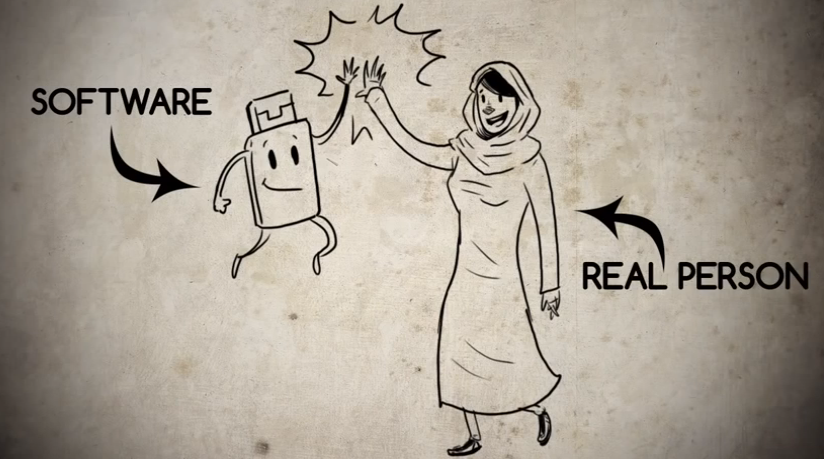
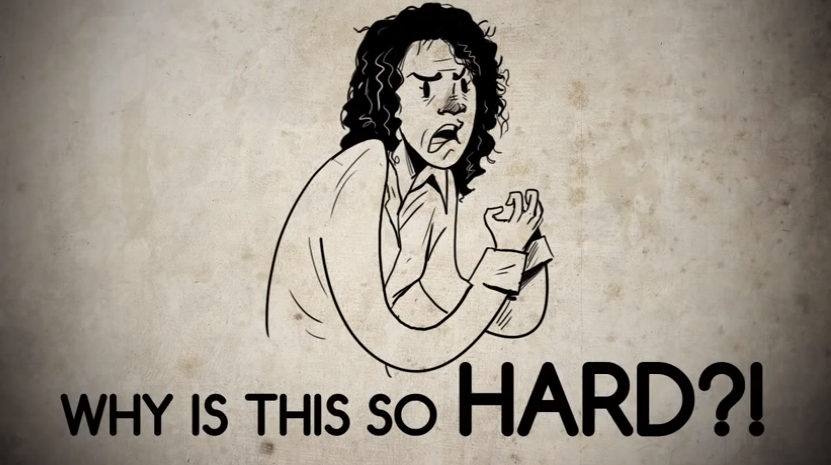
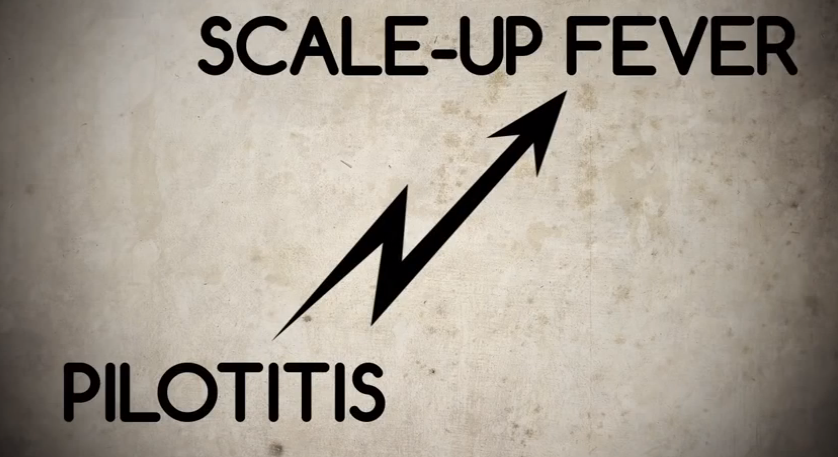
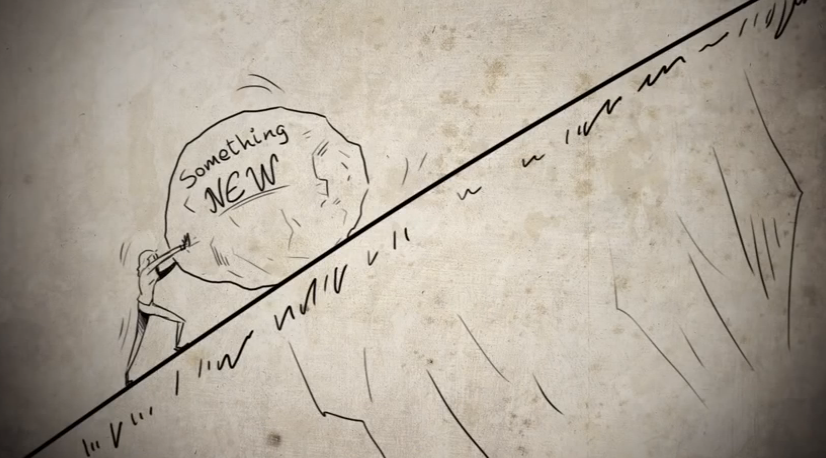
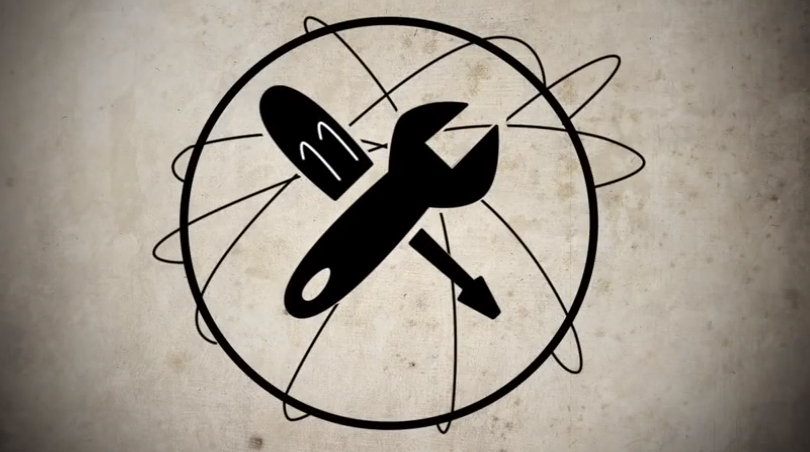


2 Comments
In my early adult years, as a self-motivated Theatre and Film Entrepreneur in the sixties, I was ‘King of my small Castle.’ With dogged hard work I managed to accomplish what I set out to achieve. Until I grew to a stage where more capital was required to do larger projects; like a Feature Film. I became mired in politics, and realized I was not able/prepared to give in to its required behaviour. Joining the ‘back-to-the-land’ movement in the early seventies, I became a Farmer; experiencing the women’s lib movement, my young family discombobulated, and I ended up on the BC West Coast. While the concept ‘Entrepreneur’ was somewhat of a dirty word in those days (you weren’t part of the status quo), it’s all the rage now. Self-motivation is now taught in schools! However, while those inroads are to be applauded, the pitfalls created by our online hyenas are becoming numerous. Succeed at all costs, is becoming inherent with our on-line connections. WHO are YOU anyway? Sounds Good, but will you deliver > as promised? Aye! There’s the rub!
So, tread super cautiously. I did not, and am still paying for it… Beware those offering gifts!
[…] Open Law Lab asks why it can be so difficult to implement “social good tech”. […]